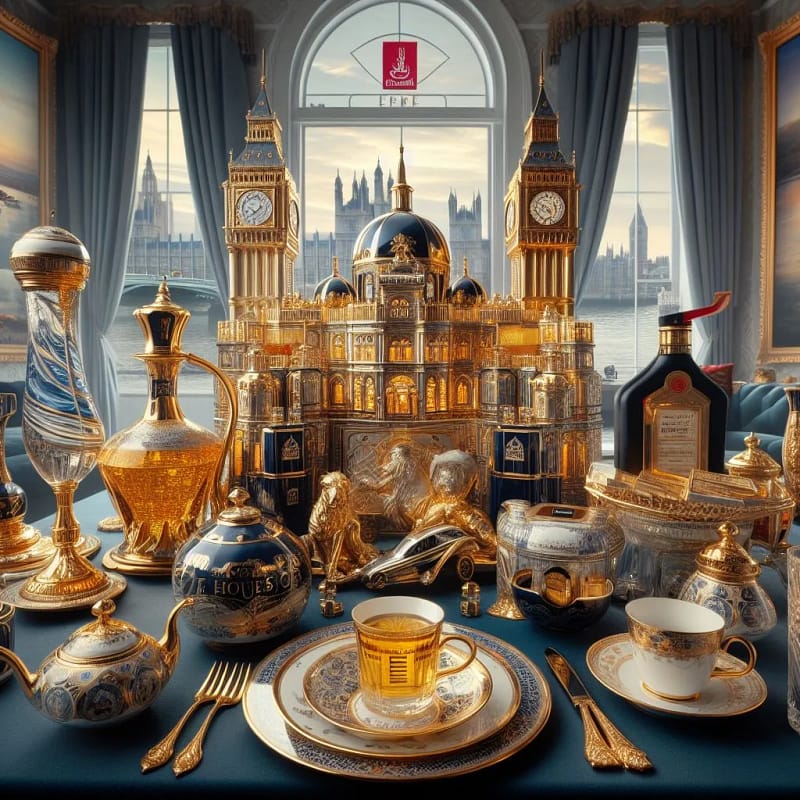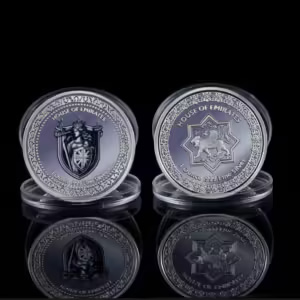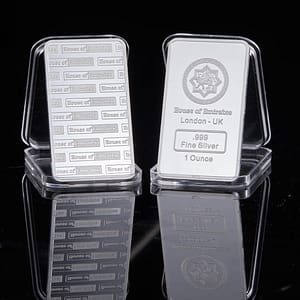By: A. Saed Alzein, CEO of House of Emirates
London / UK
Our materialistic world is still captivated by the enchantment of high-end goods, captivating both researchers and consumers. Luxury goods and buying luxury gifts have an undeniable allure that extends beyond their practical value, whether it’s designer clothing, high-end cars, or extravagant vacations. What is it that makes people want and feel attached to these extravagant symbols? By exploring the psychology of consumer behaviour, we can uncover the factors at play.
Social and status updates
Luxury goods are powerful indicators of wealth and social standing. Our intrinsically social nature lends credence to social hierarchies. Having expensive stuff lets people show off their wealth, taste, and social standing, satisfying an innate desire for being noticed and admired. The display of luxury goods can signify belonging to an elite group or achievement and success in the eyes of society.
Exclusion and scarcity
The appeal of high-end goods is influenced by their exclusivity and rarity. Luxury items are perceived to be rare and unattainable due to limited production runs, prestigious brand names, and high price tags. This exclusiveness elevates status and appeal, enticing individuals to pursue these goods as a means of establishing their own identity. Furthermore, a lack of availability creates a sense of urgency and a dread of being left behind, driving consumers to acquire high-end products before they disappear from the marketplace.
Emotional fulfilment
Luxury products often inspire powerful emotions and aspirations. The promise of indulgence, sophistication, and opulence taps into innate psychological longings for pleasure, self-expression, and fulfilment. Luxurious possessions represent for many the realization of enduring hopes and aspirations. Luxury ownership provides validation, identity and self-worth.
Psychological perks
The act of buying luxury gifts, purchasing and owning luxury products can trigger dopamine release in the brain, which can elicit feelings of pleasure and satisfaction. A cycle of reward-seeking behaviour is driven by this neurological response. Luxury items also serve as tangible rewards for hard work, achievement, and success, further enhancing their appeal as symbols of personal accomplishment. They also enhance their appeal as symbols of personal accomplishment.
Self-image and identity expression
Luxury indulgence is linked to self-expression and identity formation. Our personalities, values, and aspirations are reflected in the brands we associate ourselves with. Luxury items can be used to craft and project a desired self-image to the world. Whether it’s in line with a particular way of life, shows off refined tastes, or demonstrates status in the community, lavish indulgence serves as a tool for establishing one’s own identity.
It is clearly evident that attachment to high-end goods is a multifaceted phenomenon influenced by societal, psychological, and cultural influences. Luxury transcends mere materialism, from status signalling to emotional fulfilment. Understanding these underlying motives gives you valuable insights into buying habits and shows you how we relate to stuff in our modern lives.





